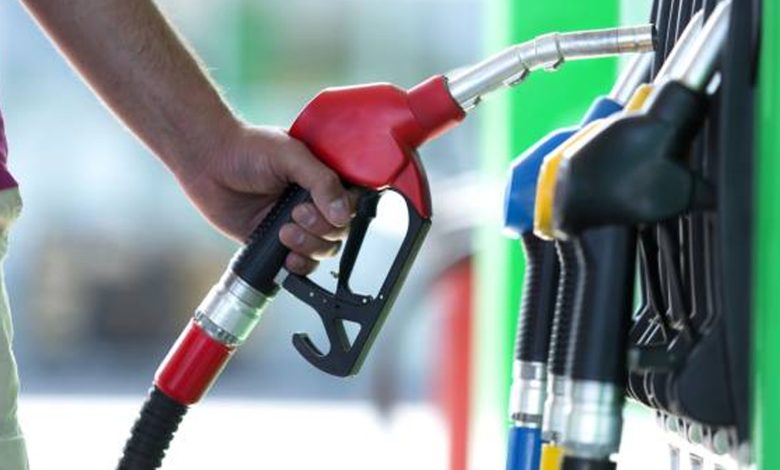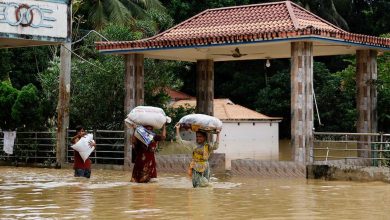Bangladesh reduces fuel prices

The prices of diesel and kerosene have been reduced by Tk 1.25 per litre, bringing them down to Tk 105.50. Petrol prices have been reduced by Tk 6 per litre, now costing Tk 121, while octane prices have also been slashed by Tk 6 per litre, setting the new price at Tk 125.
Read more: CAB moves to challenge controversial energy law shielding corruption
The announcement was made by Fouzul Kabir Khan, the Adviser for Power, Energy, and Mineral Resources to the interim government, during a visit to the under-construction Rupsha 800 MW Combined Cycle Power Plant in Khulna’s Khalishpur area around 11 am on Saturday.
He said that the new prices would take effect from midnight.
Explaining the new pricing structure, the energy advisor specified that the price of diesel and kerosene has been reduced from Tk 106.75 to Tk 105.50 per liter, octane from Tk 131 to Tk 125 per liter, and petrol from Tk 127 to Tk 121 per litre.
Earlier, on August 28, during a meeting with representatives from Petrobangla, a state-owned company under the Ministry of Power, Energy, and Mineral Resources, Fouzul Kabir hinted at a possible price reduction.
He emphasised that the government is considering international market trends to ensure that people can purchase fuel at lower prices. The new price list was set to be released on September 1.
Prior to this, the government had issued an ordinance repealing the provision allowing the executive order to increase the prices of fuel, gas, and electricity.
This change involved an amendment to the ‘Bangladesh Energy Regulatory Commission Act, 2003’, which removed section 34(a), stipulating that prices of these commodities would now be determined through public hearings.
In December 2022, the President issued the ‘Bangladesh Energy Regulatory Commission (Amendment) Ordinance, 2022’, granting the government, instead of the BERC, the authority to determine, revise, and adjust fuel, electricity, and gas prices at the consumer level in special circumstances.
The ordinance introduced a new section, 34(a), which allowed the government to set tariffs to ensure continuous energy supply, taking into account public interest and demand in sectors such as agriculture, industry, trade, and household activities.
Subsequently, the ordinance was enacted into law when Parliament convened.
The Ministry had been gradually increasing the prices of gas, electricity, and fuel, leading to dissatisfaction among consumers.



